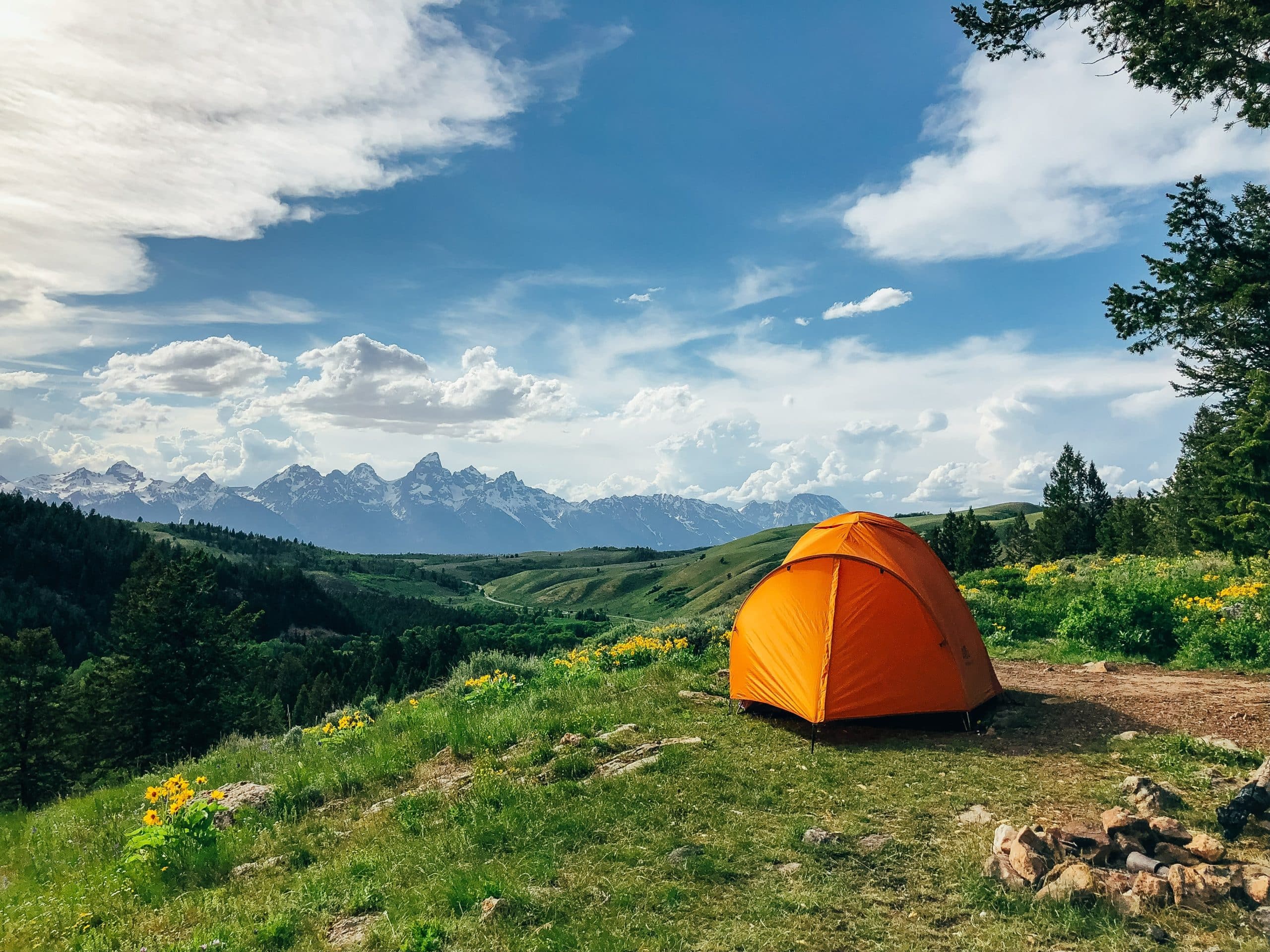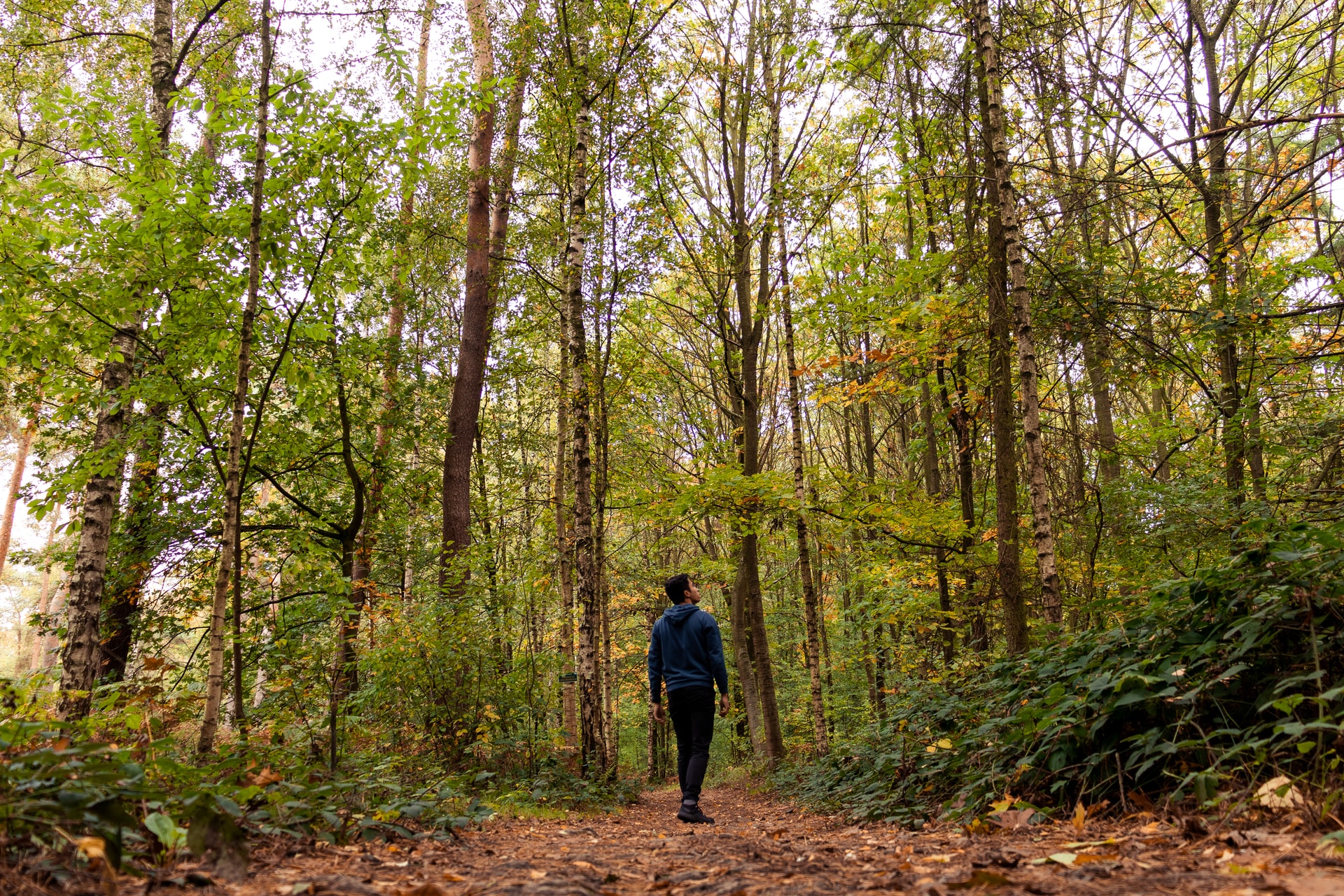
Eco-Friendly Camping Tips and Survival Tools

Many outdoor enthusiasts have started to take up camping as a relaxing pastime, where they can spend the night away from their regular lives and comfort zone. However, what most people may not realize is they are doing something that not only allows them to enjoy the outdoors and experience the wild, but it is also a great way to protect the environment…when done right. The following are some eco-friendly camping tips everyone can use to help them be more environmentally-conscious in camp.
Do Your Own Cooking
One great way to reduce your carbon footprint while camping is by doing your own cooking. When going on a camping trip, make sure you bring a large, lightweight camping stove that is easy to clean, and which you can use for cooking at the campground. By doing this, you will be able to get more meals out of the food you bring. You’ll also be able to eat more organic food and not rely on processed foods.
You should also try to find liquid fuel bottles because they are reusable and safer. The smoke produced by grilling contains a variety of pollutants that damage health and nature; you don’t want to accidentally start a forest fire.
Bring Energy-Efficient Lighting
Another great way to cut down on carbon emissions while camping is by taking advantage of energy-efficient lighting. This is an especially good idea if you plan on staying up late at night. Some options include rechargeable lanterns or glowsticks. While a fire is great for roasting marshmallows, it’s not a good idea to leave it burning all night. Solar lights can also be extremely beneficial and environmentally-friendly.
Take Advantage of Nature and Unplug
Instead of bringing a lot of electronics with you, why not pack a tent and some chairs? This way you can experience the outdoors in a comfortable and relaxing setting without worrying about any pollutants being released into the atmosphere. Plus, it’s easier to spend the night under the stars when you don’t have light pollution coming from your phone or tablet.
Location and Supplies are Important
Camping on a secluded lake or ocean can reduce the amount of carbon emissions produced. Another good tip to cut down on the number of carbon emissions you produce while camping is by using a car kit containing all the equipment you need to stay safe and secure while out in the wild. Many campgrounds offer car shelters where you can store your tent, and other camping gear, so you don’t have to keep a large number of items in your car while you enjoy nature. This will save on fuel and allow you to travel more effectively, leaving the worry of lugging around camping supplies behind.
If you feel up to it, you can also hike to your intended destination, which would help minimize your vehicle emissions even further.
Eco-Friendly Survival Gear and Tools
Now let’s cover some of eco-friendly survival gear and tools designed to help both you and the planet during your adventure, if an emergency should arise:
Portable Solar Chargers – These work by allowing sunlight to generate flows of electricity then stored in panels like a battery. There are portable solar panels for charging your phones and other devices, which is great for backpacking.
Water Filters – These work by removing harmful bacteria in wild water from a filter that makes it safe for you to drink and use for showering.
Portable showers – Some products allow you to rinse and shower with water you add in. This is also where filtered water comes along, using clean water to wash, and then allowing it back into the ground for the water cycle process to continue.
Hand Crank Radios – Radios are great for news, but better in times of an emergency. Hand crank radios allow you to generate power through a movement. They also include features such as flashlights and device chargers. You can work out and charge your phone at the same time, which sounds like a win-win.
Survival Whistle – Whistles produce a loud sound for when you need to call for help or are trying to scare wildlife away. It does not require any electricity and all you need is a deep breath.
Multi-tool Shovels – There is a type of survival tool which includes up to 20 functions inside one. Not only does this help you save space, but is also comes in handy for outdoor work like collecting firewood or slicing through the brush.
Reusable Utensils – The importance of zero waste is to not let anything reach the landfill. Most people use one-time cups and plates when they go camping to avoid cleaning and carrying it back. With reusable utensils and some of the tools we’ve listed above such as water filters, this can make cleaning easy. It cuts down or eliminates unnecessary waste all together.
Another term for this would be “zero-waste kits” which means items you can use multiple times on various occasions, leaving nothing to waste. Another benefit is most of these items will last longer or are biodegradable. According to the Environmental Protection Agency (EPA), it has been reported an average person produces 4.51 pounds of waste a day. If everybody were to practice zero-waste, this would help our planet recover and slow down the process of pollution.
You Can Have Fun and Be Mindful Too
The last and most important tip is to have fun, but be mindful of the environment. When you are planning your camping trip, think of eco-friendly products you can use and replace on your checklist so you become more sustainable. This helps promote a clean and healthier planet for future generations, so they can enjoy camping like you do!
Author bio: Barry Ok – I’m a city boy who loves a natural view over skyscrapers. Being in the army and training in the field for weeks on end has taught me the beauty of the outdoors and why we should protect the environment for future generations to enjoy. The planet has provided us with so many resources, and it’s about time we give back by doing the right thing.



Post a comment